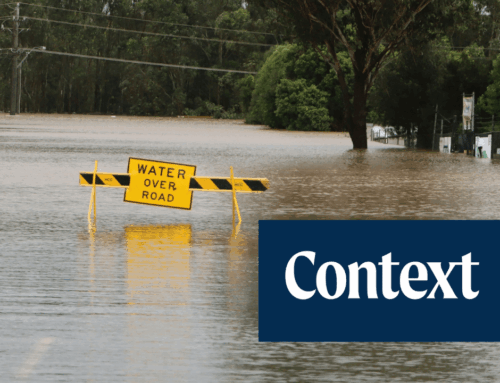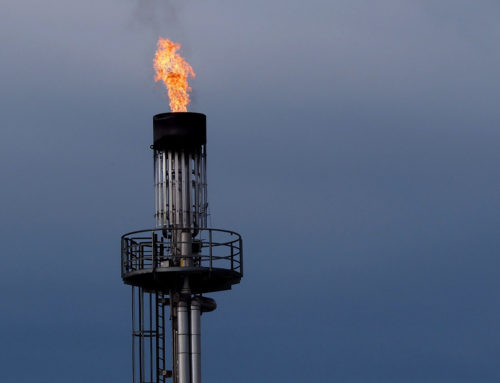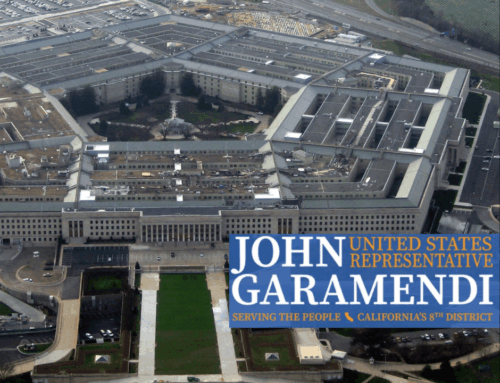Taxpayers deserve a fair return on the resources we all own. Giving away publicly owned assets at rock bottom prices costs taxpayers billions in revenue in the short term and leads to significant liabilities in the long term.
This is why Taxpayers for Common Sense is focused on reforming oil and gas leasing on federal lands. This year marks the 100 th anniversary of the passage of the Mineral Leasing Act of 1920, which created the current system of leasing to drill for oil and gas. Unfortunately, many aspects of the process Congress created during President Woodrow Wilson’s administration have not changed. Congress has not updated these policies even as millions of acres of federal lands across the country are being locked up for $2 an acre or less, and oil and gas companies are paying the same low royalty rate – the percentage of profits owed to taxpayers – they paid in 1920.
That is not good value for taxpayers.
Thankfully, Sens. Tom Udall (D-N.M.) and Chuck Grassley (R-Iowa) are taking action to fix the broken onshore oil and gas leasing system by introducing legislation to strengthen protections for these valuable assets and to bring the public lands leasing system into the modern era. This critical bipartisan legislation would modestly increase the minimum bid for federal oil and gas leases to $10 per acre. The current minimum bid of just $2 per acre – less than a cup of coffee – hasn’t been updated since 1987. This commonsense bill builds on bipartisan legislation already introduced in the House of Representatives.
During the past three years, the federal Bureau of Land Management leased more than 900,000 acres of public lands for the minimum bid of $2 an acre, generating about $1.9 million in revenues. In most cases, there was no competitive interest for these leases when they were offered at auction, meaning the government accepted the one and only bid for the legal minimum. If the federal minimum bid requirement was set at $10 an acre, those same sales would have generated more than $9 million in revenues.
The Senate bill also increases the percentage oil and gas companies pay to taxpayers in royalties on the minerals they remove and sell from federal lands. Today, these companies pay a 12.5 percent royalty on the value of oil and gas they sell, same as in 1920. States charge higher royalties for drilling on state lands, as much as 25 percent in Texas, as do private landowners. The legislation would increase the royalty rate for drilling on federal lands to 18.75 percent, the same as what the federal government charges for drilling in federal waters.
This past year Taxpayers for Common Sense conducted our own analysis in several resource-rich western states: Colorado, Montana, New Mexico, Nevada, and Utah. Because the state where the drilling takes place receives roughly half the revenue the feds collect, we estimate each of these states individually lost millions between 2009 and 2018 – make that billions in states like New Mexico – because the federal government’s policies are so grossly out of date.
Over the years, government analysts at the nonpartisan Government Accountability Office and the Congressional Budget Office have studied the effects of potentially increasing minimum bids and royalty rates. They concluded it would dramatically increase revenue with negligible effect on demand for federal oil and gas leases. Whether through political inertia or the influence of Big Oil, the industry has been getting a sweetheart deal from taxpayers for, well, about a hundred years. It’s time for that to change.
We commend Sens. Udall and Grassley for their leadership and urge other members of Congress to support these efforts to bring these outdated policies into the 21st century.










